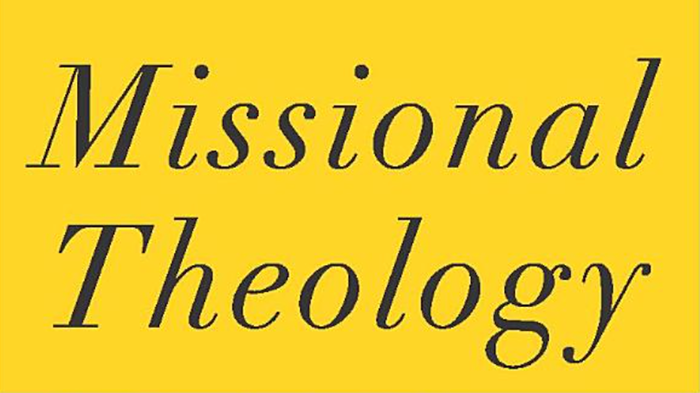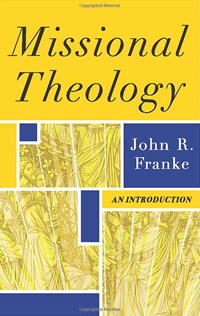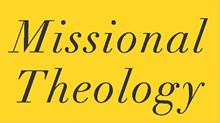How Missional Theology De-Stabilizes

The newest kid on the block for framing theology is missional theology. That needs explanation.
One way of doing theology is to frame theology by the Creed. So one takes the Apostles’ Creed or the Niceno-Constantinopolitan Creed (the official name for the Nicene Creed) and fills in the lines and blanks with more theological reflection. Thus, Calvin’s Institutes.
Another way of doing theology is to frame theology by Topics. So one lists the major topics in some order: God, Humans, Christ, Sin, Salvation, Ecclesiology, Eschatology. Then one maps each of these topics.
Another way of doing theology is “nothing but Bible, baby, nothing but the Bible.” The Bible is our only Creed kind of people. No one actually does this, so I’ll drop it. Why? Because everyone’s theology is shaped by one’s past, one’s community, one’s previous learnings.
Which is why many are attracted to the newest kid on the block, missional theology. Here are the major ideas of missional theology as theology, as outlined by John Franke in his new book Missional Theology: An Introduction.
The nature of missional theology: an ongoing, second-order, contextual discipline
The first order of theology is the Scripture’s narrative. First order theology is Bible. Second order theology is constructions more or less rooted in Scripture.
But missional theology then is always contextually located. It is local, it is not universal. It is temporal, not eternal.
The task of missional theology: critical and constructive reflection on the beliefs and practices of the Christian church

The aim is to be open to the culture to see how the gospel speaks in that culture. As Paul challenged Peter’s practice of the faith in Galatians 2, so missional theology must examine our practices to see if they are consistent with the gospel. Thus, it is critical but also constructive: it seeks to make sense of the gospel in each cultural context.
The purpose of missional theology: assisting the community of Christ’s followers in their missional vocation to live as the people of God in the particular social-historical context in which they are situated.
This one is fairly clear as stated. Missional theology wants to cooperate with the Spirit’s work in a local context to help it articulate the gospel best by forming a people of witness.
Thus community life in the Spirit leads to encounters and experiences, and to missional action, which leads to theological reflection --- and EACH IS WORKING BACK ON THE OTHER INTO A DIALECTICAL RELATIONSHIP.
Jesus Creed is a part of CT's
Blog Forum. Support the work of CT.
Subscribe and get one year free.
The views of the blogger do not necessarily reflect those of Christianity Today.




















